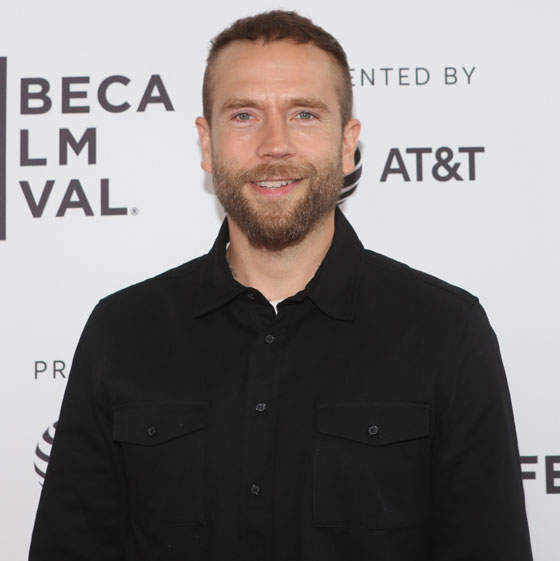
All of those very basic actor homework assignments, where you find out the texture and the specificity of what this relationship is. Where they met, how long they've been together, what they like to eat. Building a dimensionality around these two characters. Then, it became about the homework of the two of us building a credible history. I want to get in the creative sandbox, and see what we come up with." Going in, we were both excited about working with each other, especially in terms of our style and similarities. I think you just meet some people, and you say, "Oh, man, I want to get into the trenches with you. There was a mutual respect there already. Jess and I met, probably a year before, on the festival circuit. First you have it, and then you also build it. Joshua Leonard: Someone asked me about onscreen chemistry the other day. I know it sounds cliché, but watching the two of you on screen is like watching a real couple that has been together forever.
But how did you work through finding that onscreen chemistry. Maybe you and Jess have been married for five years and I don't know it. Maybe this is a dumb question, because I don't know your personal backstory too much. Is there any hope for us? If here is, how do we go about finding it." It's about taking the reality and the ugliness that we have just walked through, and having this couple go, "We have a kid.

That's what that final confrontation, that sit down scene, is about. Because I think that's what you have to do in a relationship. In wrecking everything, taking this couple to a seemingly irrespirable place in their relationship, and then seeing if, by telling the truth and having compassion for each other, they can get beyond it.Not to a perfect place, but they can work through it. Now, I am interested to get back to your original question after a huge detour.
Mark webber actor the lie movie#
And it takes the course of the movie for them to really get back to that. So there is this deeper lie between each other, in their own lives, in the way that they are living their lives. Where they have stopped telling each other things, and their relationship is no longer current. Which is much more a compilation of omitted truths. At the end of the day, the big lie in the movie is a placeholder for all of the little lies, and what the systemic problem is with their relationship. They make mistakes sometimes, as I certainly do, and have, in my own life. At the same time, they're not bad people. As a filmmaker, I was much more interested in.Because we have the time and freedom to play a little bit, to take these characters with real flaws.These aren't movie flaws, where the characters just work too hard, or they care too much.But real flaws, where the characters do real things and they hurt each other. He walks out the door, and in the short story, he walks away from his child, and he walks away from his marriage. The short story ends where Lonnie gets confronted with this despicable, life-altering lie. The short story ends where the third act begins. Lonnie is living this life where he is not taking responsibility for the most important things he has taken on himself, which are his wife and child. Now he is appalled that Clover, Lonnie's wife, is taking a job at a major pharmaceutical corporation. He officiated their Pagan wedding ceremony. He is in there to represent from whence this couple came. So we had to make up his entire story from that clothe. The Mark Webber character, Tank, is mentioned once in the story. In figuring out the film, we had to find out who his wife was, and who these other people were. He was trying to hold onto his former ideologies, and battling with the responsibilities of his future. He had the same general internal conflict. Lonnie, in his short story, was a commercial editor's assistant. Really, what the story established was the high concept of this guy telling this absolutely life-alerting lie. He was kind enough to let us not only adapt the story, but to put our own spin on it. You barely get to know anyone except the protagonist, and we have to make a three-act feature film. In the middle of that, we had the audacity to go, "But we're going to have to change a lot of things." Because we're dealing with a first-person narrative story. Coraghessan Boyle and asked him if we could adapt it. Coraghessan Boyle story that I read in 2009, that I just absolutely fell in love with.

That scene.Let me backtrack for a second. But her delivery, and when and where they come out, they just devastate me.

The "I'm not proud of us anymore" and "You're a good dad". Both of which were entirely improvised, by the way. And then she has those two lines that absolutely take my breath away. Jess Weixler barely says anything in that entire scene.


 0 kommentar(er)
0 kommentar(er)
